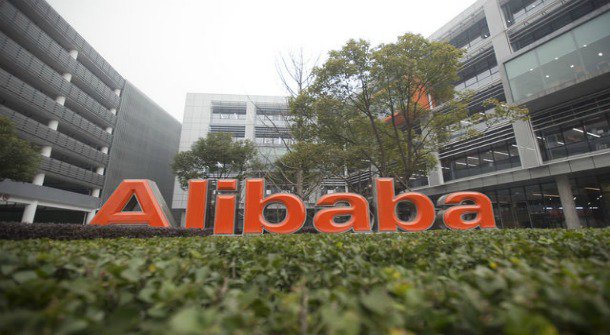
Alibaba market value hits the $500 billion valuation mark
Alibaba Group Holding Ltd., just reached the $500 billion valuation milestone according to local media reports. The China-based e-commerce giant closed on Wednesday with 500.8 billion in value at $195.53 and up 1.69% on the New York Stock Exchange according to CNBC data.
In August, Alibaba became the first Asian company to hit the $400 billion market cap (in Chinese). However, three months later, Tencent, the WeChat operator, beat Alibaba to become the first Chinese technology stock to reach the $500 billion mark.
Alibaba Group had a great 2017—its shares nearly doubled, crushing most analysts’ estimates. Many analysts are upbeat about Alibaba’s outlook, expecting the momentum to continue throughout 2018.
Alibaba has maintained its dominant position in e-commerce over the years: the company now has over 488 million active consumers, who spend an average of $1,223 a year on the platform. Alibaba’s third-party mobile and online payment platform, Alipay, also dominates the current payment landscape with around 53% market share.
Aside from the company’s core business, investors are also encouraged by Alibaba’s new retail retail strategy, an alliance with Auchan Retail S.A. and Ruentex intended to bring online and offline shopping together, which would generate significant revenue and opportunities for Alibaba’s retail business. In his letter to shareholders Jack Ma wrote: “the starting point to our ‘Five New’ strategy – comprised of New Retail, New Finance, New Manufacturing, New Technology and New Energy.”
The tech giant is also taking big strides in cutting edge technologies. Earlier this month, Alibaba announced that its research unit’s deep neural network and AI software is the first, alongside Microsoft, to outscore humans on a Stanford University reading comprehension test.
China’s global dominance in science and technology continues to rise as major tech companies such as the BAT (Baidu, Alibaba, and Tencent) continue pouring funds and resources into business expansion and technology development including cloud, autonomous vehicles, and AI.





